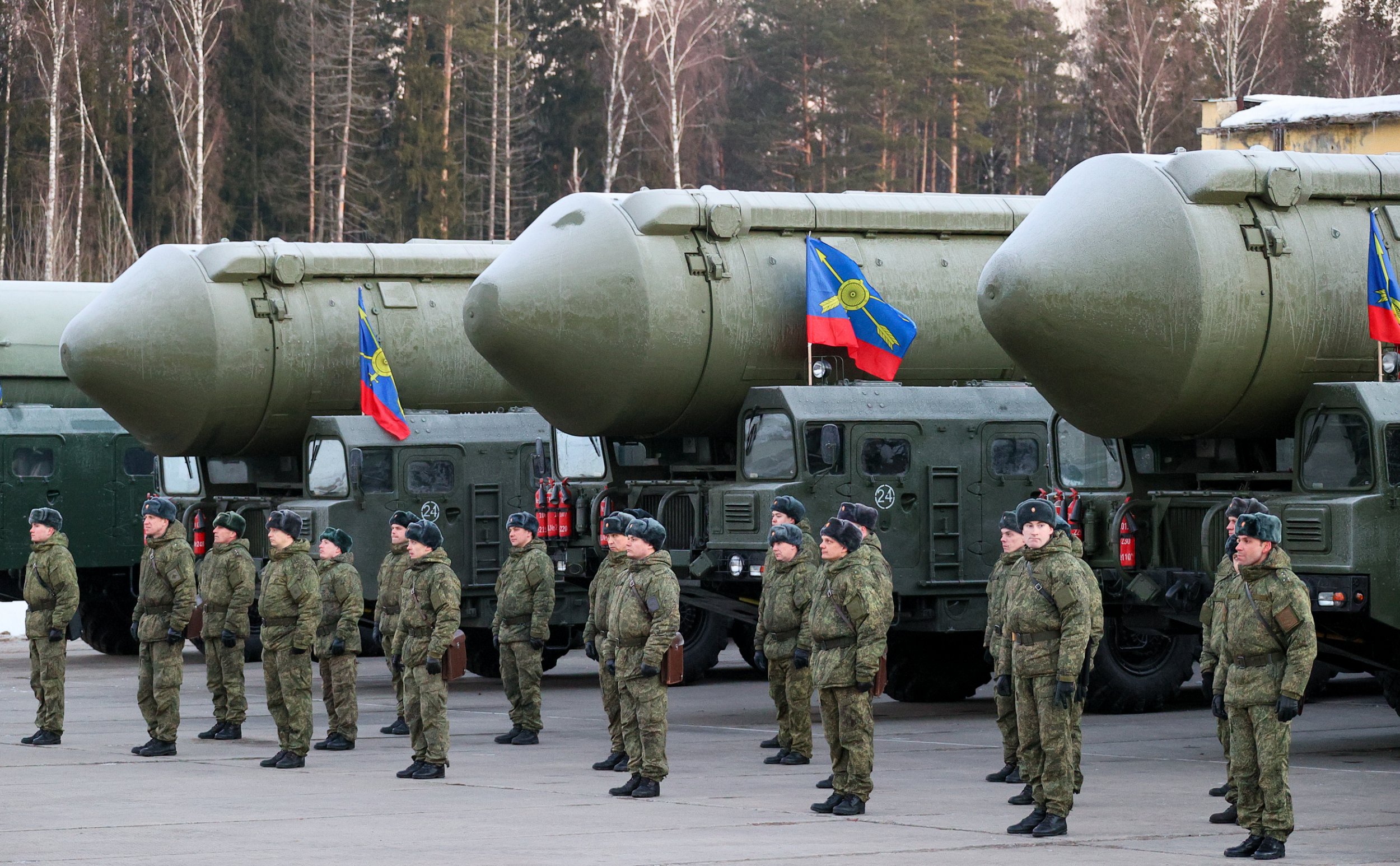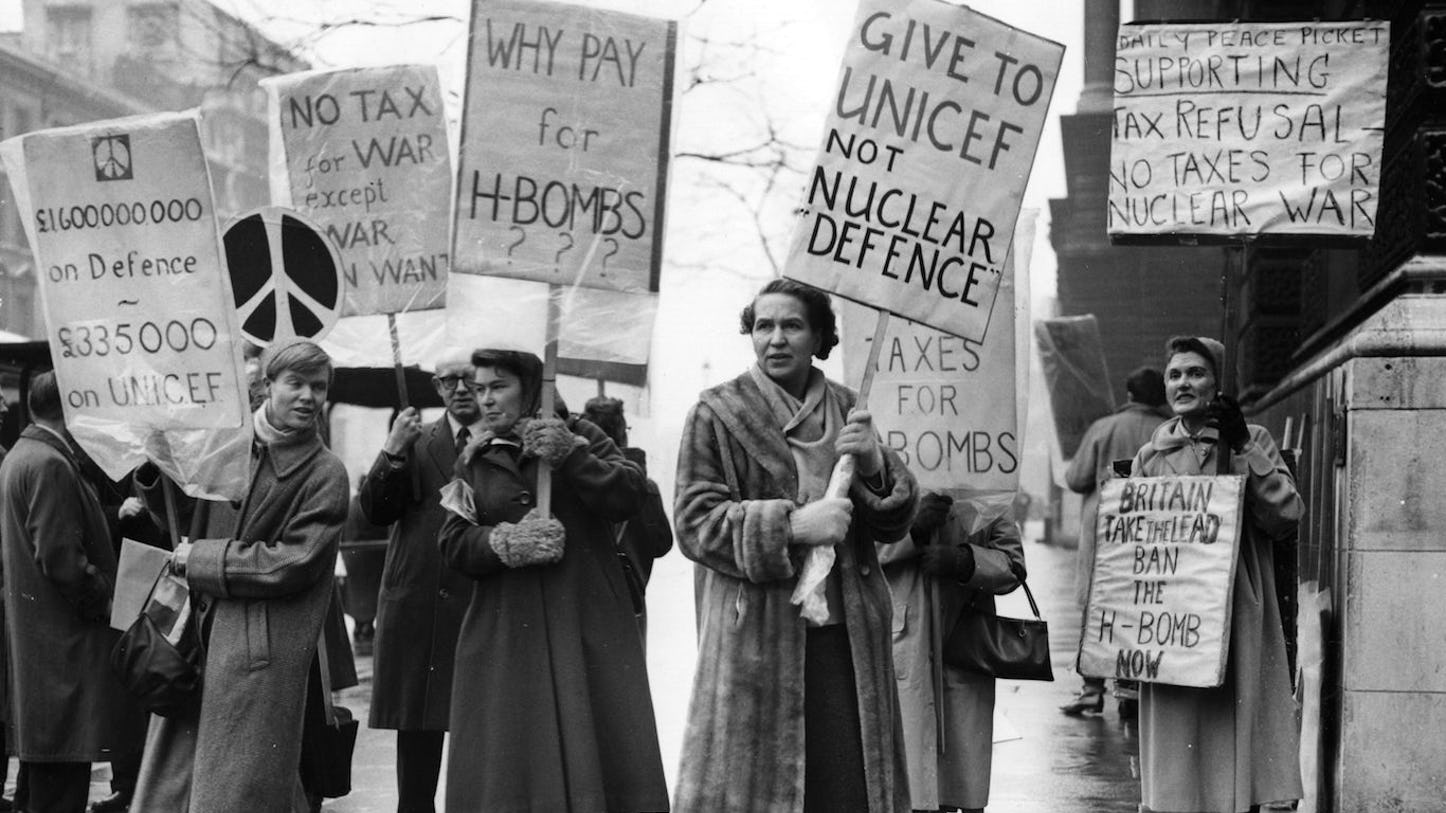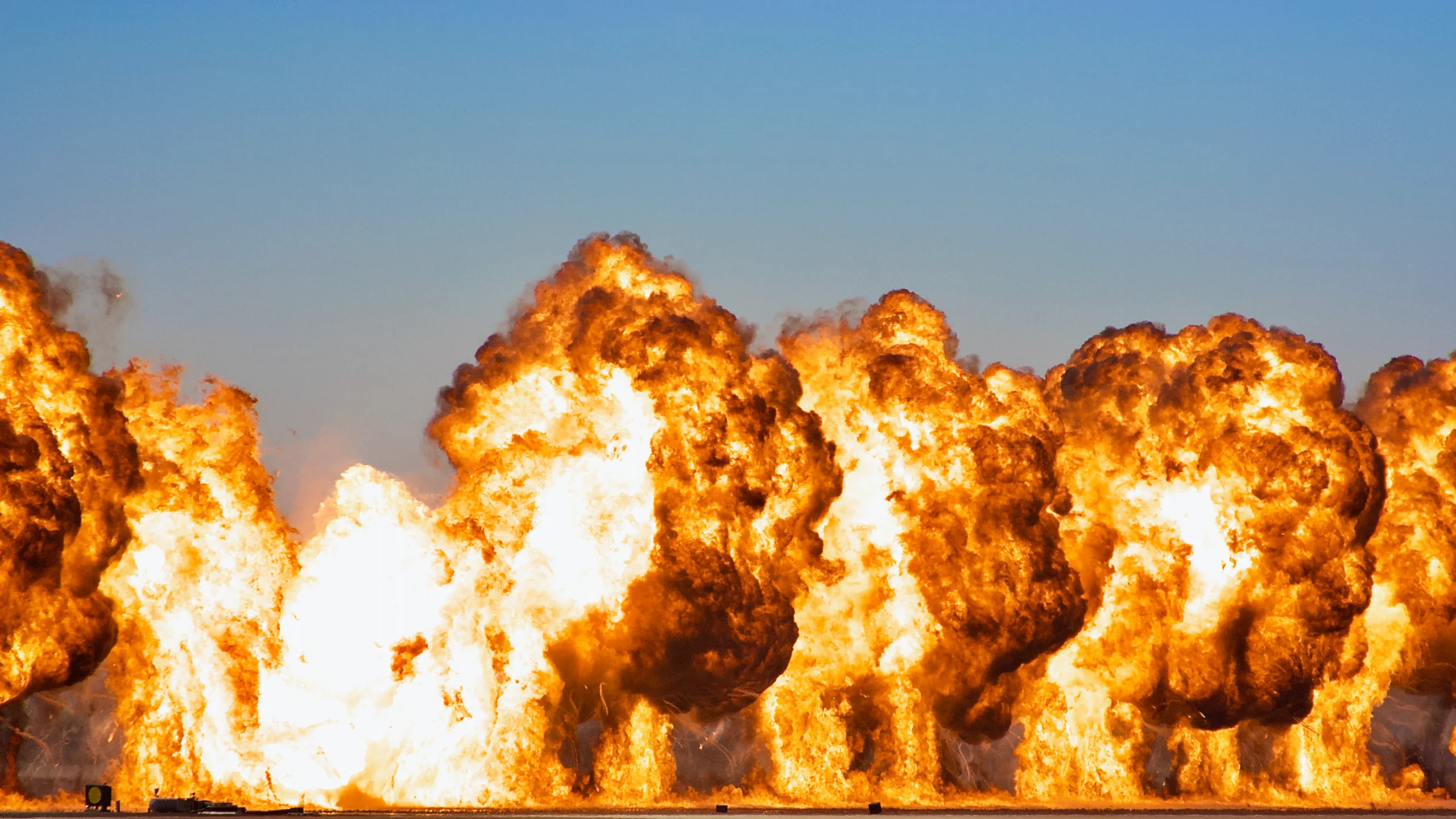By Katya Mavrelli,
The end of the Cold War symbolized the end of many things: the end of bipolarity, the end of confrontation across all fields, the end of challenges to the status quo, and the end of the previously maintained equilibrium. However, apart from bringing those things to an end, it also initiated the beginning of other eras. The Cold War was the period in humanity’s history when the threat of a nuclear attack became frequent, credible, and pervasive.
During the bipolarity of the Cold War, nuclear energy experienced a “main character” moment. With the U.S. and the U.S.S.R. colliding and competing across all sectors, there were few things that could give one advantage against the other. For a short period, the U.S.S.R. dominated the scene, given the first testing of the atomic bomb in August 1949. However, this joy was short-lived as the U.S. quickly managed to catch up and develop an equally threatening arsenal of nuclear weapons, as well as acquire equally destructive nuclear capabilities.
After the end of the Cold War and the dissolution of the Soviet titan, the need for nuclear weapon development and possession suddenly decreased. The fear of impending doom and possible world annihilation simmered down, given the overarching superiority of American liberalism. The victory of the “Washington consensus” of liberalism, capitalism, cooperation, and market liberalism ensured that the possession of nuclear weapons would not be the factor that would provide nations with an advantage in the international arena. Instead, the feeling – and necessity – of the formation of an international community of cooperating states to maintain the newfound equilibrium was what countries under the guidance of the U.S. tried to achieve. And this used to be the reality for some time.

When Vladimir Putin initiated the invasion of Ukraine, 101 days ago, he brought an end to the delicate nuclear consensus. Even if he never used a nuclear bomb, his attempt to aggressively coerce the international community into accepting his foreign policy demands in such a way ensured that previously held considerations about the nuclear presence evaporated in a matter of seconds.
The nuclear threats had been looming, however, way before the crisis in Ukraine turned into such a developing situation. States like North Korea, Iran, Pakistan, and China previously monopolized the discussion about nuclear weapons, their legality, and their destructive potential. Indeed, Iran has turned into the black sheep of the international community, given its highly developed nuclear capabilities that make U.S. President Joe Biden wake up at night. And most recently, China has started sharpening all weapons in its possession, including its nuclear forces, which presents another challenge to U.S. supremacy in a growingly multipolar international environment.
The emergence of all of these, which openly challenge the international consensus that dominated after the end of the Cold War, shows the eradication of all moral restraints about the use of nuclear weapons. While the disasters of Hiroshima and Nagasaki fade, people seem to mentally sacrifice the dramatic implications of their use for greater efficiency and seemingly higher environmentally friendly practices. Internationally, there are not many alarm bells going off trying to underline the disaster that the return of nuclear weapons could bring.

Indeed, nuclear energy has been developed progressively over the course of decades, and agencies, like the International Energy Agency, have developed frameworks that limit the possible dangers that these weapons can present. However, it remains a fact that the prevalence of nuclear energy heightens the feeling of global vulnerability, and creates more obstacles to international cooperation. As more states find the idea of nuclear weapons more and more alluring, the big nuclear powers express the need for more nuclear development to maintain their supremacy.
Realist theories of international relations claim that international politics is a zero-sum game, where states compete and find themselves in a scenario where co-existence is based on competition for survival. The new nuclear era is showing exactly this: from an era of bipolarity to a period of American supremacy, we have arrived at a moment of international multipolarity and political uncertainty.
It is true that still, the international arena is dominated by the usual strong actors, but the growing challenges to the status quo suggest that the end of cooperation is here, the challenges to the status quo will become the new reality and the adoption of means that will give an advantage to any actor to secure their spot will be the new daily politics.
References
- “Russia’s invasion of Ukraine has eroded the nuclear taboo”, economist.com, Available here




